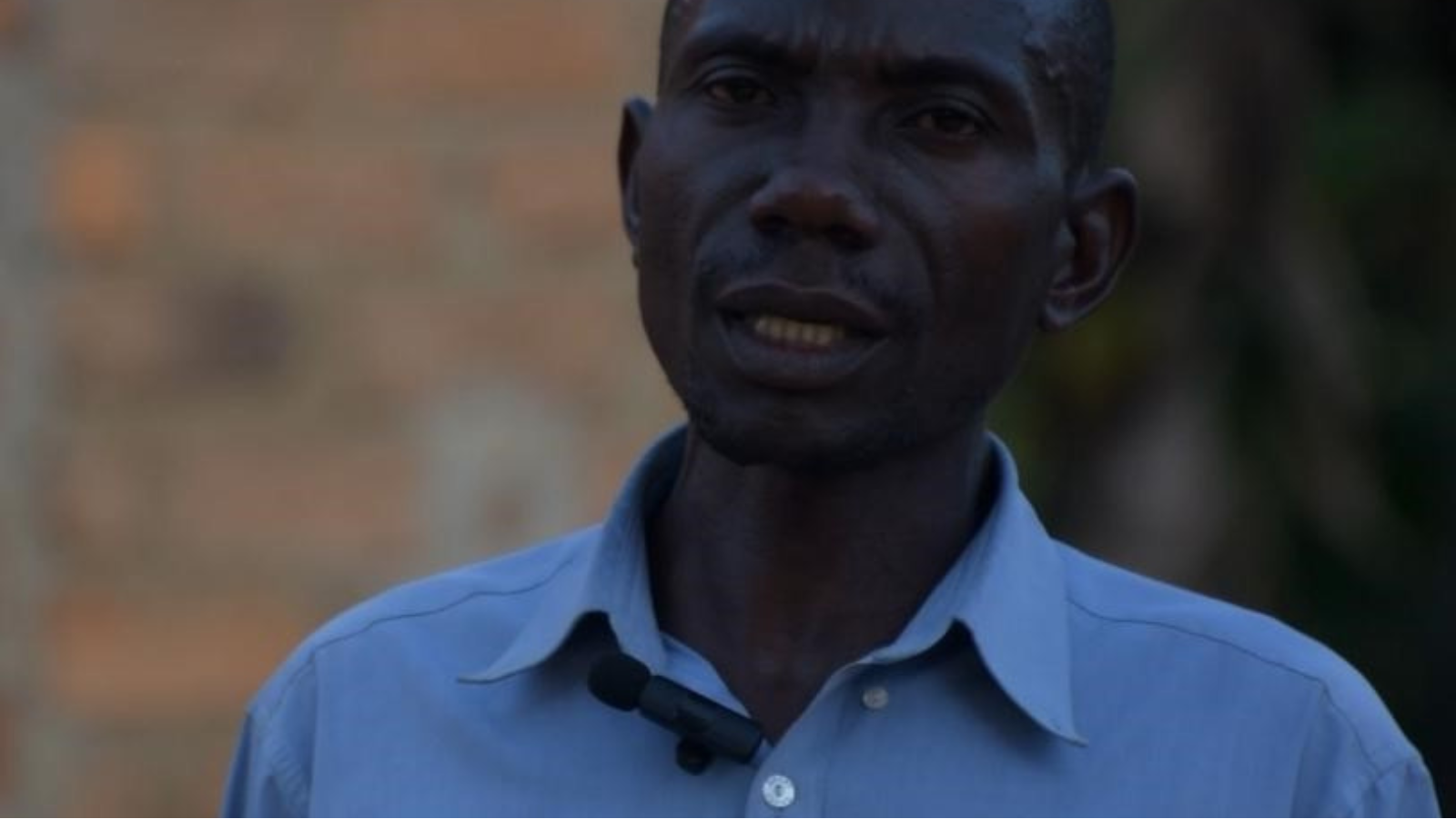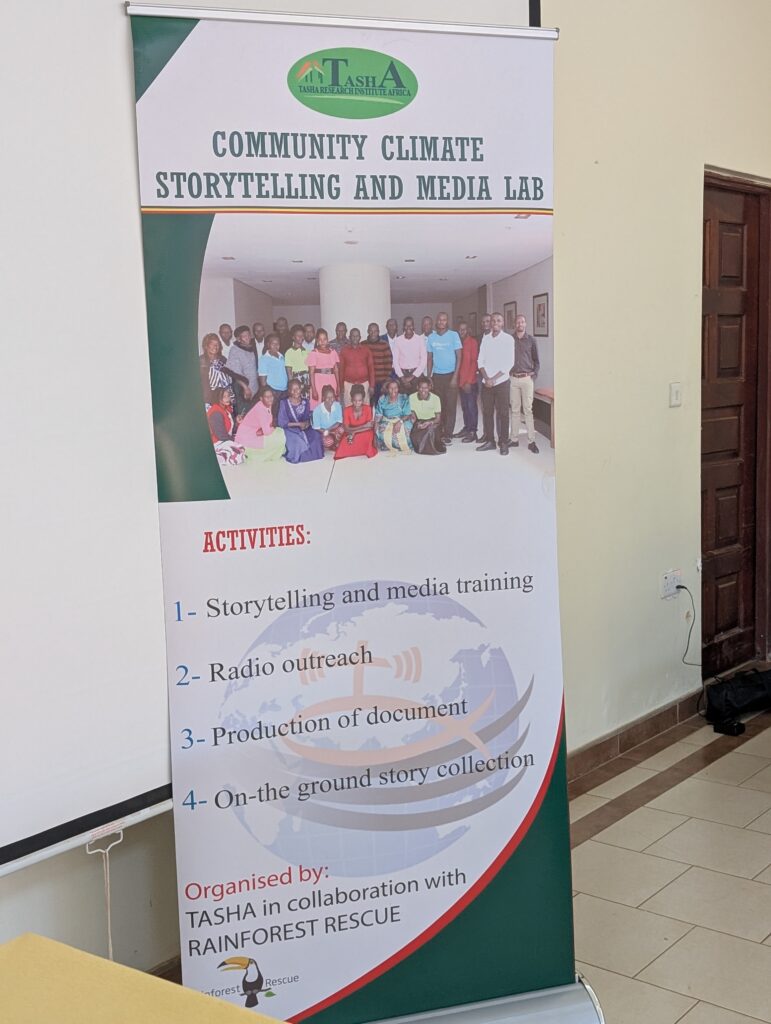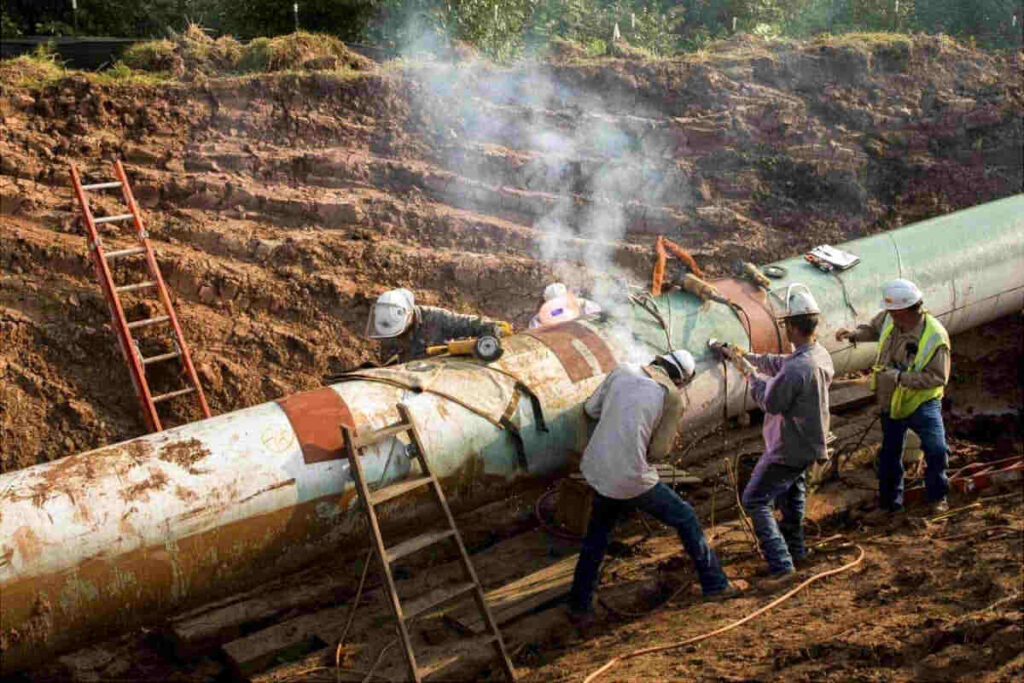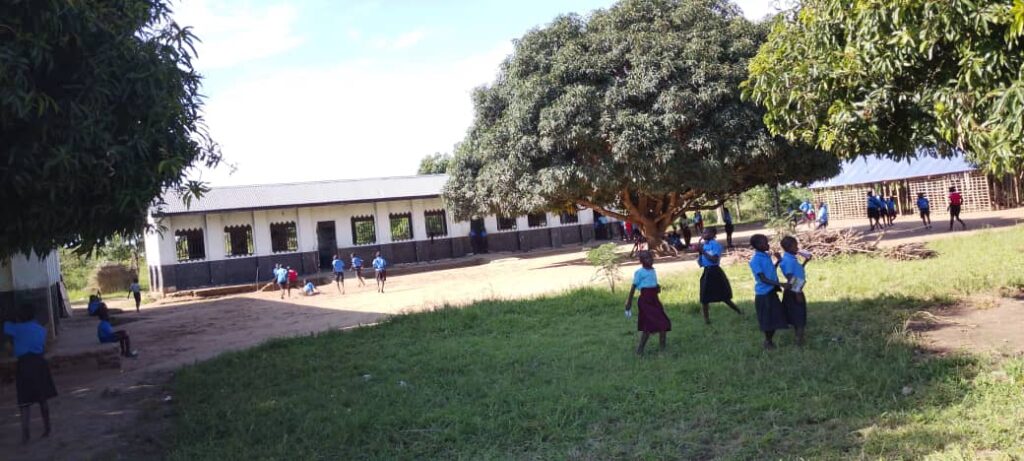Uganda’s mission to become an oil producer cast a future glistening with prosperity. Images of a country driven forward by its newfound wealth danced in the minds of many. However, for the countless villagers residing along the path of the East African Crude Oil Pipeline (EACOP), the project has morphed into a cruel serpent slithering through their lives, leaving a trail of tears and pain in its wake.
Stories from the oil region reveal a dark side to Uganda’s new oil wealth
Luyiga Frank, Lubowa Fred, Ismael Buwowe, Margaret Suuna, and Monday Senyondo are merely a few of the many Ugandan residents whose stories paint a harrowing picture of the human cost of the EACOP project. Their narratives expose a web of broken promises, delayed compensation, and tactics that leave a bitter taste in the mouth.
Paradise Lost: From Abundance to Precarious Existence
During the initial stages of the project, EACOP officials weaved tapestries of dreams, promising a future brimming with opportunity and wealth. Their stories were centered on dreams of a golden age for the villages, an opportunity to escape the grasp of poverty. But, for Lwiga Frank, a resident of Lyabuguma, Bethlehem parish, Nabigasa sub-county in Kyotera District, the project morphed into a thief, taking away his source of income, his prized coffee farm, and livestock. With his land earmarked for the construction of the pipeline, he watched helplessly as his family’s food security dwindled and anxieties gnawed at their peace. Lubowa Fred, a resident of Busisi village, Bethlehem parish, Nabigasa Sub-county, Kyotera district has a similar story. His fertile land once a haven of bountiful crops such as bananas, beans, maize, and coffee became a forbidden zone, thus forcing his children, the future of his family to abandon their education as his income stream dried up.
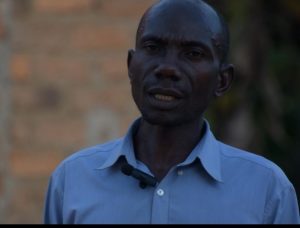
Lubowa Fred: “They said I will be financially okay but I can tell you it is instead misery now more than before I was affected by the pipeline because what they promised is not what was done.”
Games of Coercion: Negotiation Turned into Intimidation
The compensation process, far from being fair and transparent was akin to a game rigged against the villagers. Ismael Buwowe, a resident who lost his mechanic job due to the allure of the project faced a relentless wave of pressure to accept meager compensation for his land. Threats of lawsuits and intimidation by authority figures wielding the power of the state were the tactics employed to silence dissent. Another villager, Margaret Suuna recounted her pleas for fair compensation falling on deaf ears, met only with empty promises that echoed hollowly in the face of the hardships her family was facing.
Not only did the EACOP project strip the villagers of their lands and livelihoods, but it also plunged many into a vortex of debt. Monday Senyondo, a resident of Kituntu village in Kyotera district watched in helpless dismay as his four-acre piece of land teeming with a wide array of crops was deemed “partially affected” by the project. The negotiations regarding compensation were a battle that saw the value of his crops ignored, particularly in the initial stages.
The compensation process was also marred by delays, thus forcing him, like many others to borrow heavily at exorbitant rates just to make ends meet. By the time their compensation came, it was barely enough to cover the debts, leaving him with nothing to rebuild his life. Richard Kisakye, another villager from the same area harbored ambitions of constructing a home on his land. The project shattered that dream, displacing him and leaving him with a small fraction of the true value of his land. He now rents a place in town, a stranger in his own land, burdened by a deep sentiment of loss.
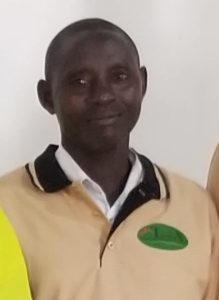
Monday Senyondo: “They paid those who just accepted and signed, leaving us who rejected the compensation we believed was meager
The Struggle for Justice: Seeking Solace in the Justice System
Despite the despair, a flicker of hope remains. TASHA Research Institute, a Ugandan NGO dedicated to environmental protection and human rights has stepped forward to provide legal assistance to some of the villagers. Margaret Suuna along with others has filed lawsuits challenging the insufficient compensation and demanding fair and equitable treatment. However, the legal battle is as arduous as it is long and the outcome is far from certain.
A Shadow over the Future: Looming Questions that Demand Answers
The EACOP project casts a long and grim shadow over the people residing in the regions and communities affected by the project. . Luyiga Frank’s characterization of the project as a “bad omen” echoes the anxieties faced by many others. Their stories raise a wide array of crucial questions regarding the actual impact of the project. Were accountability and transparency sacrificed at the altar of expediency? To what extent did the project emphasize the interest and wellbeing of the very people and communities whose land resources they exploit?
Officials from the EACOP project and the Ugandan government must bear the responsibility of answering these questions. This responsibility extends to ensuring that a thorough and independent investigation of the allegations of unfair compensation practices and intimidation is conducted. Additionally, a commitment to genuine community engagement characterized by villagers having a say in the development of the project and fair compensation in the benefits should be a priority.
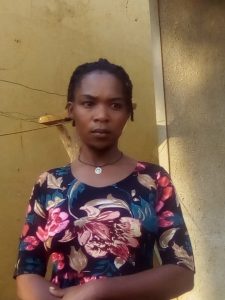
Margaret Suuna: “Total took almost half an acre of my land but when time for compensation came, they refused to pay the price we had agreed”
The Way Forward
The plights of Lwiga Frank, Lubowa Fred, Margaret Suuna, Ismael Buwowe, and Monday Senyondo are not merely Ugandan stories. They are cautionary tales, writ large for resource-rich nations around the world. The allure of oil wealth can be blinding. As a result, corporations and governments emphasize short-term gains over the long-term wellbeing of their citizens and the environment.
Uganda currently stands at a crossroads. The path it chooses will determine the extent to which the EACOP symbolizes national progress or exploitation. To ensure a brighter future, Uganda, and countries in a similar position must begin by emphasizing accountability and transparency. The government must hold itself and EACOP accountable. Independent inquests into the allegations of unfair compensation and intimidation practices are crucial to re-establishing trust with the affected communities. Throughout the lifecycle of the project, open and transparent communication is important.
Secondly, the success of the project cannot and should not come at the expense of human rights. Here, the government must uphold global legal frameworks that safeguard the rights of citizens, including the right to fair compensation for lost lands and livelihoods.
Thirdly, community empowerment ought to be emphasized, the logic here is that in its most meaningful form, community engagement is not a box-ticking exercise. Uganda villagers ought to have a genuine say in the project’s development. This aspect includes participating in environmental impact assessments, benefits-sharing arrangements, and grievance redressal mechanisms.
The government of Uganda has an opportunity to correct its course by prioritizing transparency, accountability, and wellbeing of its citizens and thus transforming the EACOP project into a force for positive change. The global community has a massive role to play in this process. By holding Uganda and other resource-rich countries accountable to sustainable development and human rights standard, we can help ensure that the pursuit of wealth does not come at the cost of human dignity and environmental wellbeing.

